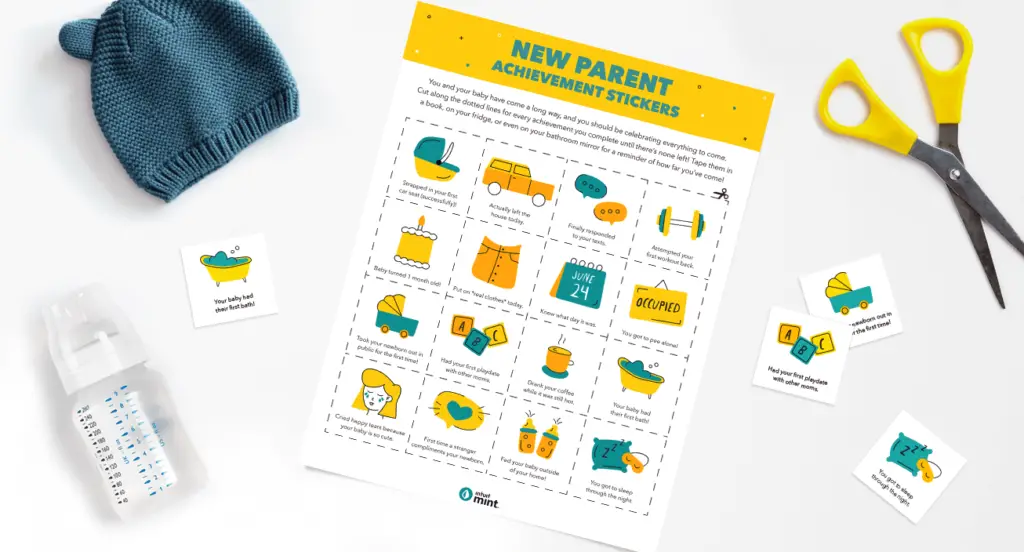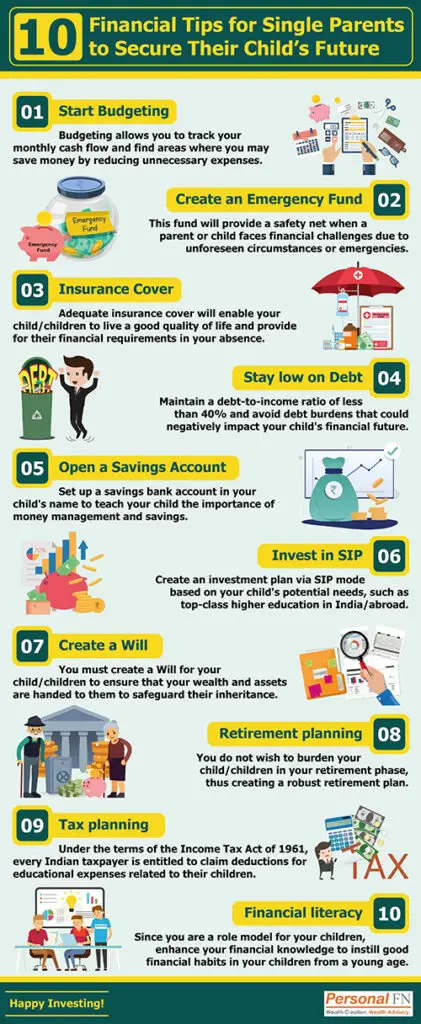In this article, I want to talk about 10 budget-friendly tips for expectant parents. If you’re expecting a baby and want to save some money, then this article is for you. I’ll be sharing some practical and helpful tips that can help you navigate the expenses that come with having a baby.
The first tip is to prioritize your expenses and create a budget. By knowing exactly how much you can afford to spend, you can make informed decisions about what items are essential and what can be cut back on. Secondly, consider shopping second-hand for baby items. Many items like clothing, toys, and even furniture can be found in good condition at thrift stores or online marketplaces, saving you a significant amount of money. Additionally, it’s important to take advantage of freebies and discounts. Many stores and websites offer free samples and coupons for baby products, so be sure to sign up and take advantage of these offers to save some extra cash. Overall, by being mindful of your spending and looking for cost-effective alternatives, you can embrace a frugal lifestyle as an expectant parent.
10 Budget-Friendly Tips for Expectant Parents
Introduction
Being an expectant parent is an exciting time, but it can also be a financially overwhelming one. From buying baby essentials to planning for the future, the costs can quickly add up. However, with some careful planning and a frugal mindset, it is possible to minimize expenses while still ensuring a comfortable and happy start to your parenting journey. In this article, I will share 10 budget-friendly tips for expectant parents, covering everything from creating a budget and cutting costs on baby essentials to saving money on maternity clothing and documenting precious memories.
Understanding the Importance of a Frugal Lifestyle
Before diving into the tips, it is crucial to understand the significance of embracing a frugal lifestyle. Choosing to live frugally means being mindful of your spending and making conscious decisions to save money whenever possible. By adopting frugal habits, you can stretch your budget further, reduce financial stress, and provide a solid foundation for your growing family’s future.
Planning and Preparing for Parenthood
Creating a Budget
One of the first steps towards a frugal lifestyle as expecting parents is creating a budget. A budget helps you track your income and expenses, allowing you to allocate funds wisely and avoid unnecessary expenditures. Start by listing all sources of income and then categorize your expenses into essential and non-essential items. This will give you a clear picture of where your money is going and help identify areas where you can cut back.
Allocating Funds for Essential Items
When creating your budget, be sure to allocate funds specifically for essential baby items. These include diapers, wipes, clothing, and feeding supplies. By setting aside a portion of your budget for these essentials, you can ensure that you are prepared for your baby’s arrival without overspending.
Researching Affordable Parenting Resources
There are numerous affordable resources available to help expectant parents save money. Look into local support groups, online forums, and community centers that offer parenting classes and workshops free of charge or at a reduced cost. These resources can provide valuable information while helping you build a network of other parents who understand the financial challenges of raising a child.
Cutting Costs on Baby Essentials
Buying Second-hand Items
One of the most effective ways to save money on baby essentials is by purchasing second-hand items. Babies grow quickly, and their needs change just as rapidly. By buying gently used items, such as clothing, furniture, and toys, you can save a significant amount of money. Check online classifieds, consignment stores, and parent swap groups in your area.
Using Cloth Diapers
Disposable diapers can be a significant expense for new parents. Consider using cloth diapers as a cost-effective alternative. While the initial investment may be higher, in the long run, cloth diapers can save you a substantial amount of money. They are reusable, less harmful to the environment, and often can be passed down to future siblings.
Breastfeeding Instead of Formula Feeding
Breastfeeding is not only beneficial for your baby’s health but also for your budget. Breast milk is free, and breastfeeding eliminates the need to purchase expensive formula. Invest in a good-quality breast pump to allow for pumping sessions and ensure you have a good milk supply even when you cannot breastfeed directly.
DIY Baby Food Making
Making your own baby food is not only healthier but also more cost-effective compared to buying prepackaged options. Invest in a blender or food processor and whip up nutritious purees using affordable ingredients such as fruits, vegetables, and grains. You can batch cook and freeze portions for future use, saving both time and money.

Saving Money on Maternity Clothing
Borrowing or Renting Maternity Clothes
Maternity clothes are typically worn for a brief period, making it unnecessary to splurge on a whole new wardrobe. Consider borrowing from friends or family members who have recently had a baby or renting stylish maternity clothes from online platforms. This way, you can enjoy fashionable outfits without breaking the bank.
Investing in Versatile Pieces
When purchasing maternity clothes, opt for versatile pieces that can be mixed and matched. Look for items such as comfortable dresses, stretchy leggings, and loose-fitting tops that can accommodate your growing belly throughout pregnancy. By investing in a few key items, you can create a variety of outfit options without needing to buy an excessive amount of clothing.
Shopping Sales and Clearance
Keep an eye out for sales and clearance events to save money on maternity clothing. Many retailers offer discounts on past season or end-of-line items, allowing you to find affordable options without sacrificing style. Additionally, signing up for newsletters or following social media pages of your favorite maternity clothing brands can help you stay updated on promotions and limited-time offers.
Budget-friendly Nursery Ideas
Repurposing Furniture and Decor
Creating a nursery on a budget doesn’t mean compromising on style. Consider repurposing furniture and decor items you already have in your home. A fresh coat of paint or some creative DIY modifications can give new life to an old dresser or bookshelf, turning them into functional and stylish nursery furniture.
Opting for Neutral Colors
When designing your baby’s nursery, opt for neutral colors that can grow with your child. Neutral tones such as whites, grays, and beiges can serve as a timeless backdrop that can be easily updated as your child’s preferences change. This eliminates the need to repaint or redecorate every time your child outgrows a particular theme or color scheme.
DIY Crafts and Decorations
Let your creativity shine by making your own crafts and decorations for the nursery. From homemade wall art to personalized mobiles, there are endless DIY possibilities that can add a unique touch to your baby’s room without breaking the bank. Get inspiration from online platforms, such as Pinterest, and unleash your inner artist.

Affordable Prenatal and Postnatal Care
Choosing In-network Healthcare Providers
Medical expenses can quickly become a significant financial burden for expectant parents. To minimize costs, ensure that your healthcare providers are in-network and covered by your insurance plan. This will help avoid unexpected bills and reduce out-of-pocket expenses associated with prenatal and postnatal care.
Researching Insurance Coverage
Familiarize yourself with your health insurance coverage and understand what services are covered during pregnancy and childbirth. Regular check-ups, ultrasounds, and delivery expenses can vary significantly in cost, depending on your insurance plan. Being knowledgeable about your coverage will help you plan and budget accordingly.
Utilizing Community Resources
Many communities offer free or low-cost prenatal and postnatal care resources. Take advantage of these services, such as clinics, support groups, and educational programs. Community resources can provide valuable guidance and support, ensuring a healthy and budget-friendly pregnancy journey.
Frugal Ways to Document Memories
Creating a DIY Baby Journal
Preserving precious memories doesn’t have to come with a hefty price tag. Create your own DIY baby journal using a simple notebook or a digital platform. Write down milestones, add photos, and document your thoughts and experiences throughout your baby’s journey. This personal and budget-friendly keepsake will be cherished for years to come.
Using Smartphone Apps for Photo Albums
Smartphone apps and cloud-based storage solutions make it easy to organize and share your baby’s photos without spending a fortune on prints and frames. Utilize apps that allow you to create digital albums or collages, which can be easily shared with friends and family. These apps often offer free options and additional features at affordable prices.

Cost-effective Baby Shower Ideas
Hosting a Co-ed or Virtual Shower
Traditional baby showers can be costly, but there are alternative options that won’t break the bank. Consider hosting a co-ed or virtual baby shower to reduce expenses. Co-ed showers involve both parents and their friends, providing a more inclusive and budget-friendly celebration. Virtual showers allow friends and family from different locations to connect online, eliminating the need for travel expenses.
Planning a Potluck or DIY Catering
Food can be one of the most significant expenses when hosting a baby shower. Instead of hiring a caterer, consider planning a potluck-style event where guests can contribute a dish. Alternatively, take on the challenge of DIY catering by preparing simple and affordable finger foods and refreshments yourself. This not only saves money but also adds a personal touch to the celebration.
Opting for Practical Gifts
When creating a baby registry, focus on practical items that you genuinely need. Essentials such as diapers, wipes, and clothing are always in demand and are generally more affordable for your loved ones to purchase. By requesting essential items, you can ensure that you are well-stocked while also making it easier for your friends and family to choose a gift within their budget.
Financial Planning for the Future
Starting a College Fund
Although it may seem premature, starting a college fund for your child early on can save you a significant amount of money in the long run. Consider setting up a 529 savings plan or another investment vehicle specifically designed for education expenses. Regular contributions, even small ones, can add up over time and alleviate the burden of student loans when your child is ready for higher education.
Reviewing and Adjusting Insurance Policies
As expecting parents, it is important to review and adjust your insurance policies to protect your growing family. Consider purchasing or updating life insurance policies to ensure your child’s future financial security in the event of an unexpected tragedy. Additionally, review your health insurance plan to accommodate the new addition to your family and assess if any modifications are needed.

Teaching Children about Money
Introducing the Concept of Saving
Teaching children about money and the importance of saving begins at an early age. As a parent, lead by example and involve your child in the process. Offer age-appropriate opportunities for them to earn money, such as through chores or a small allowance, and encourage them to save a portion of it. This fosters a frugal mindset and helps children understand the value of money.
Setting Up a Savings Account for Your Child
Consider opening a savings account for your child as soon as they are born. As they receive gifts or birthday money, encourage them to deposit a portion of it into their savings account. This not only cultivates good saving habits but also provides a financial head start for their future.
Researching and Utilizing Government Assistance Programs
Understanding Eligibility and Requirements
Researching and understanding government assistance programs can be crucial for expectant parents facing financial hardships. Programs such as the Special Supplemental Nutrition Program for Women, Infants, and Children (WIC) or the Supplemental Nutrition Assistance Program (SNAP) offer nutritional support for expectant and new mothers. Understand the eligibility requirements and application processes to determine if you qualify for assistance.
Applying for WIC or SNAP Benefits
If you meet the eligibility criteria, consider applying for WIC or SNAP benefits. These programs can help alleviate the financial strain of providing nutritious food for your family, allowing you to redirect those funds to other essential expenses. Applications for these programs are typically available through local health departments or online portals.
Conclusion
Preparing for parenthood is an exciting chapter filled with love and joy, but it can also come with financial challenges. By adopting a frugal mindset and implementing the budget-friendly tips outlined in this article, you can navigate the journey of becoming a parent without compromising on your financial stability. Remember, being frugal doesn’t mean sacrificing quality or happiness; it simply means making smart choices that benefit your growing family. Embrace these tips, and enjoy the journey of parenthood with peace of mind and financial security.


